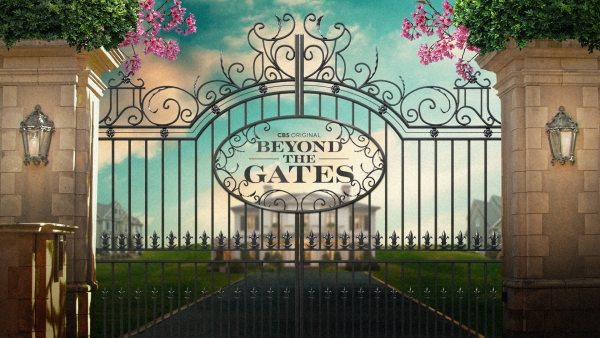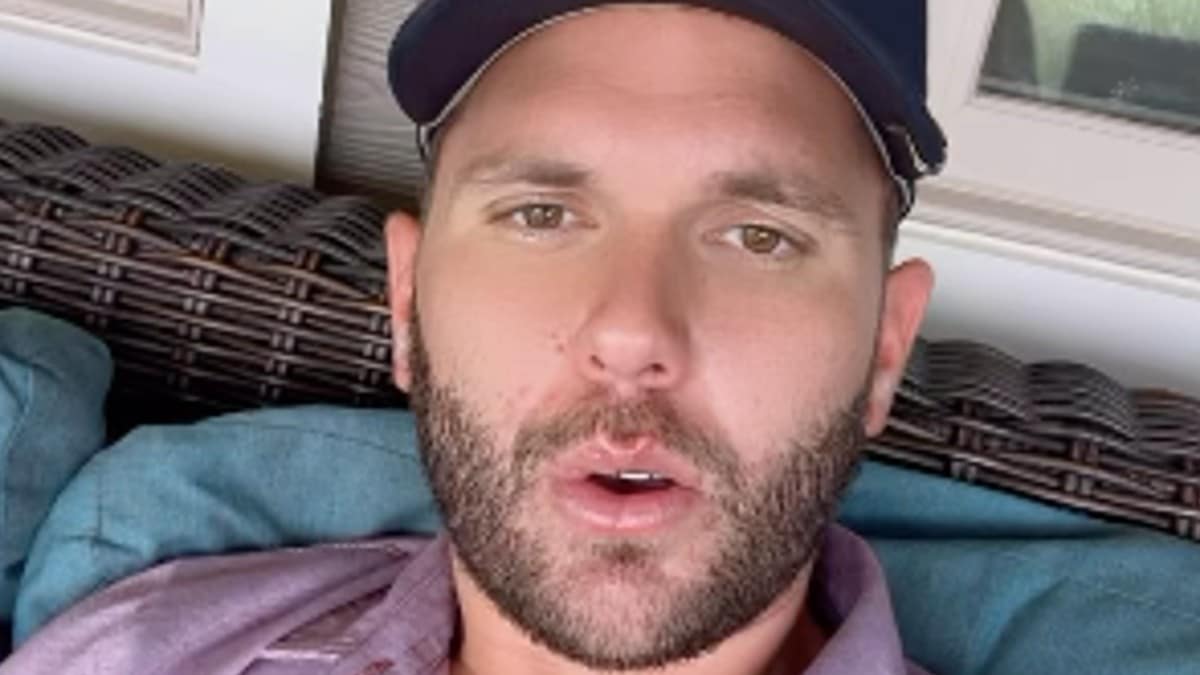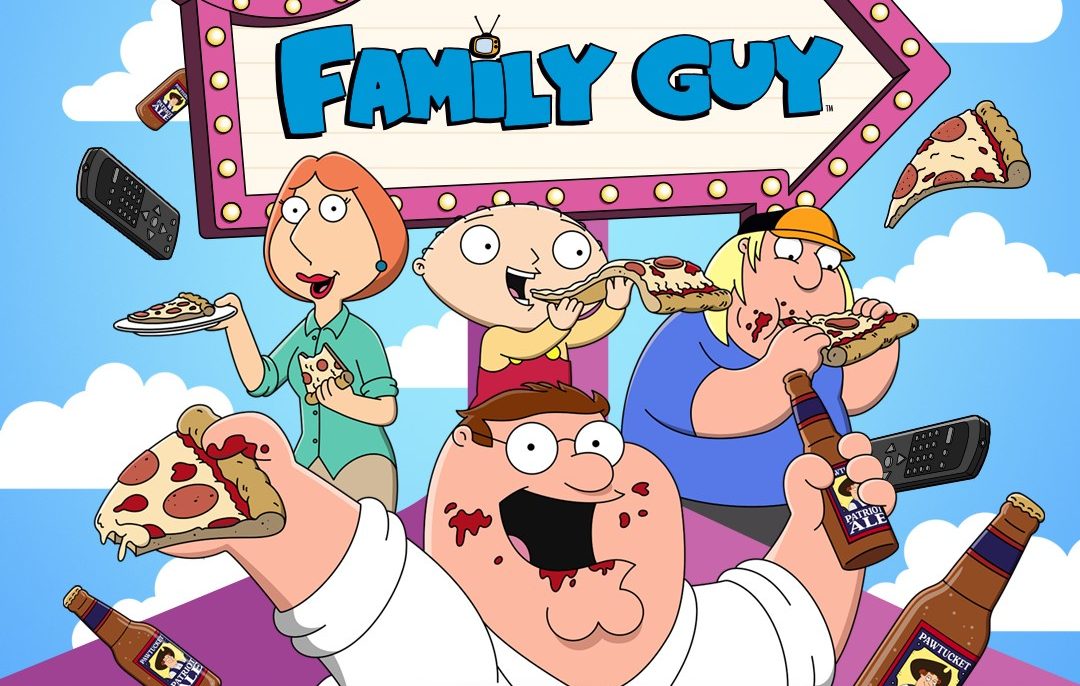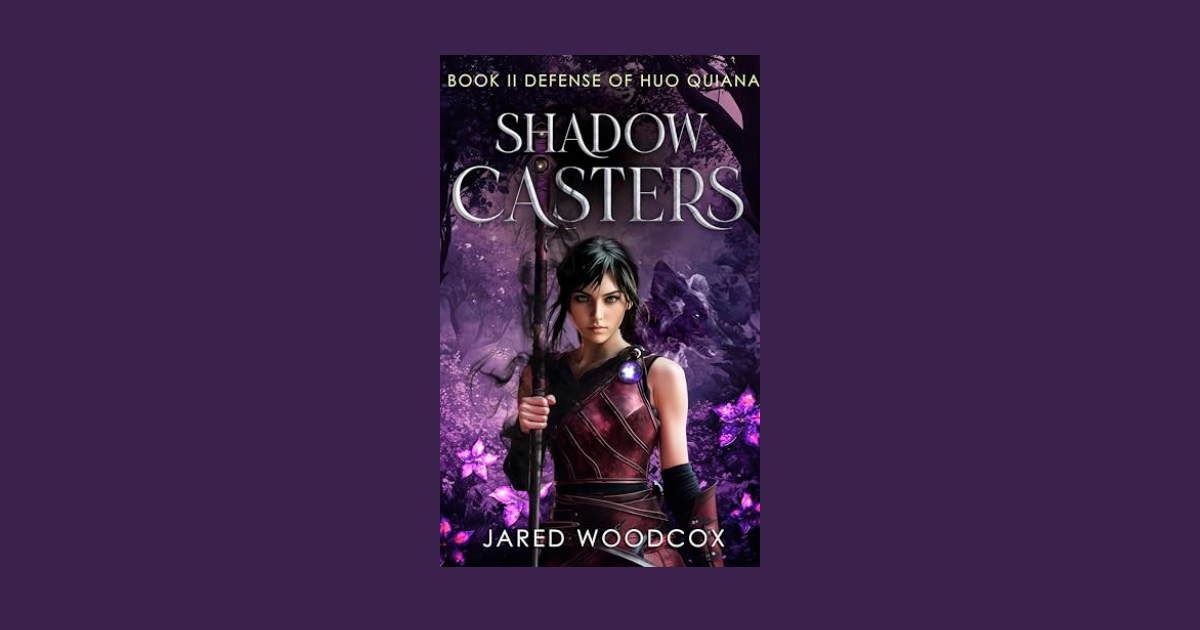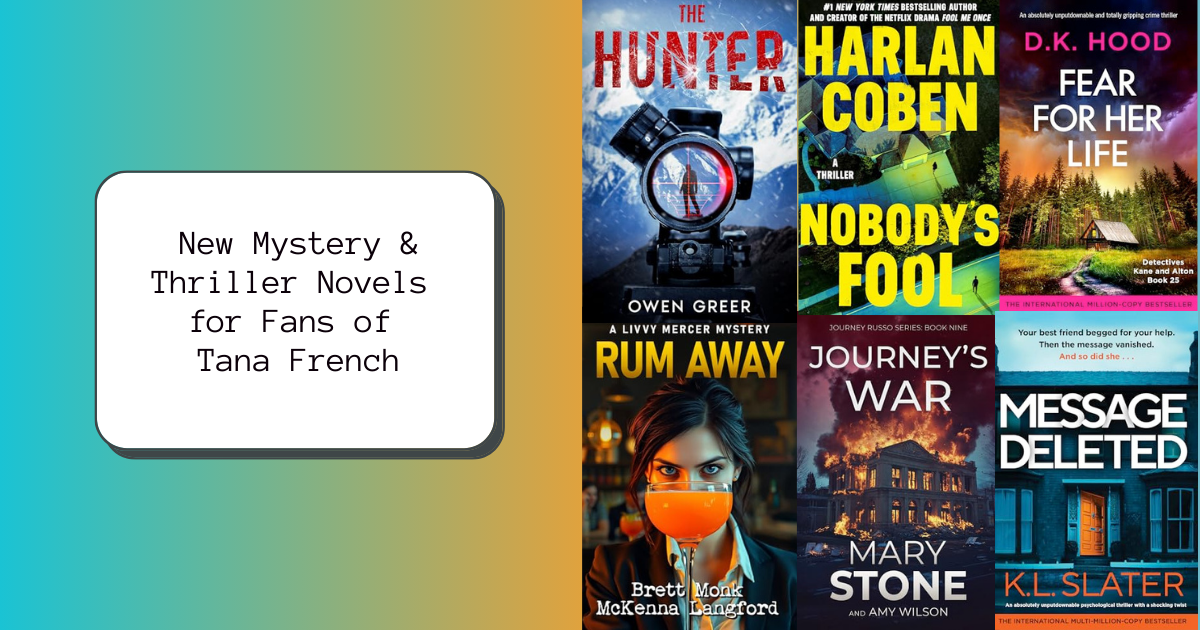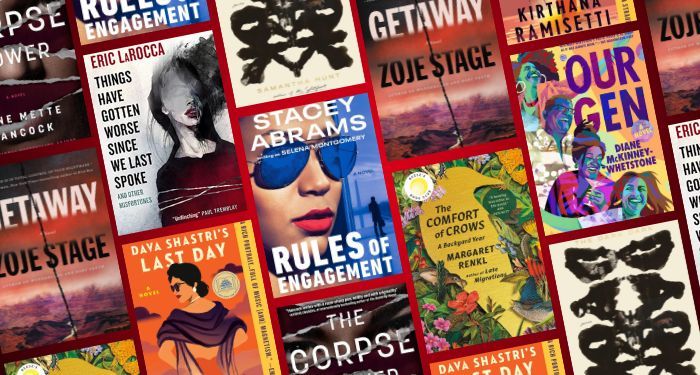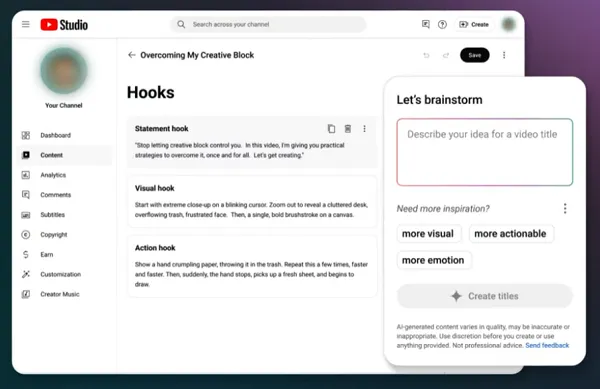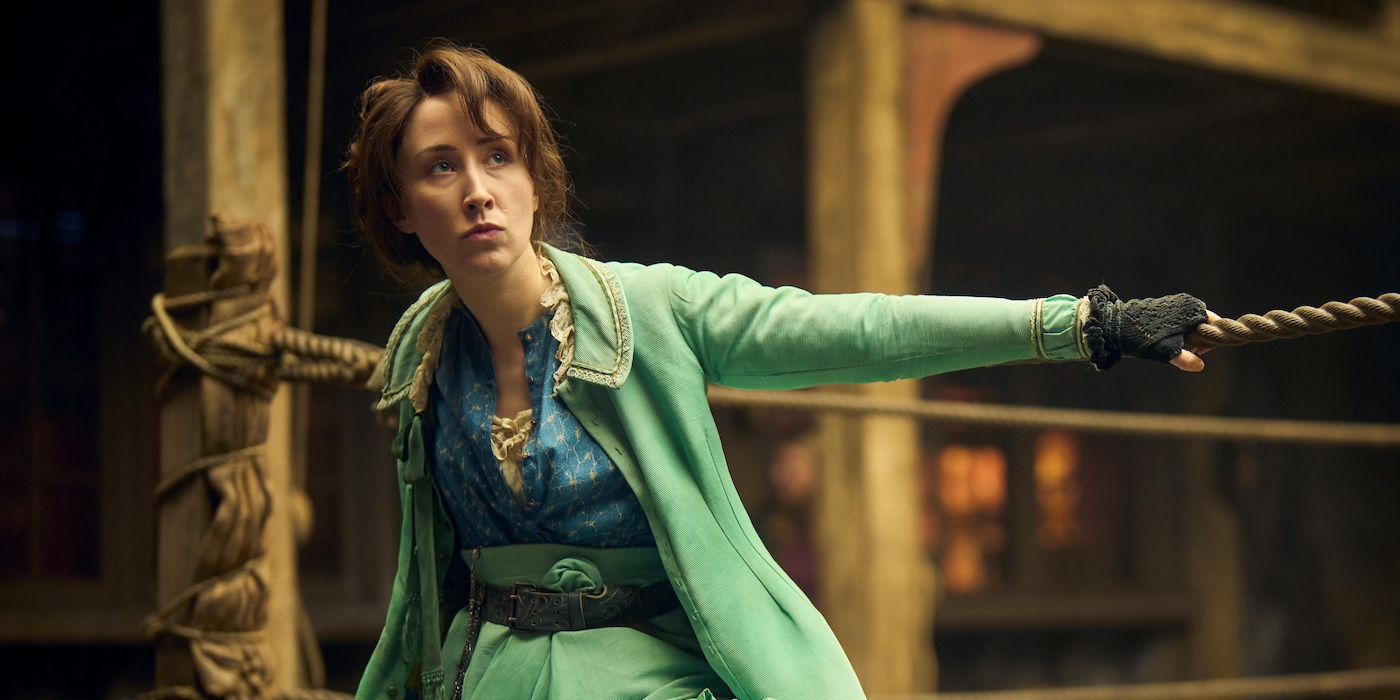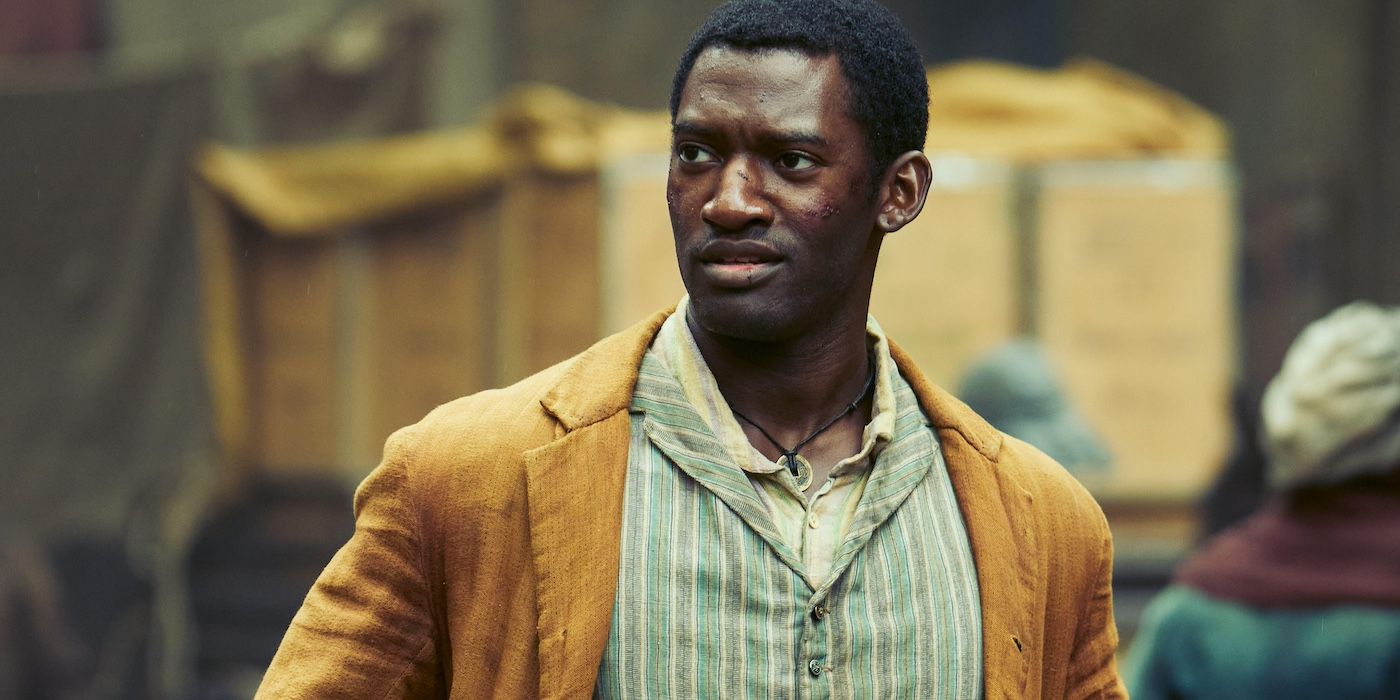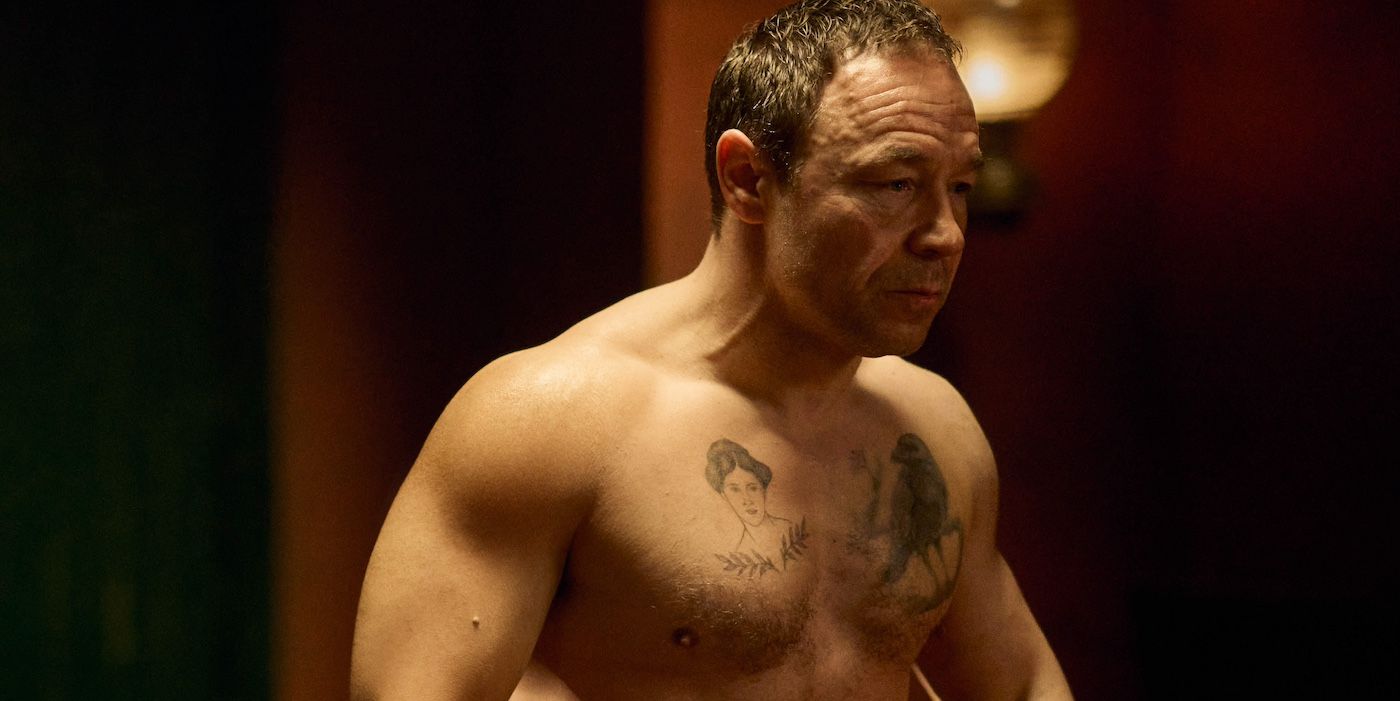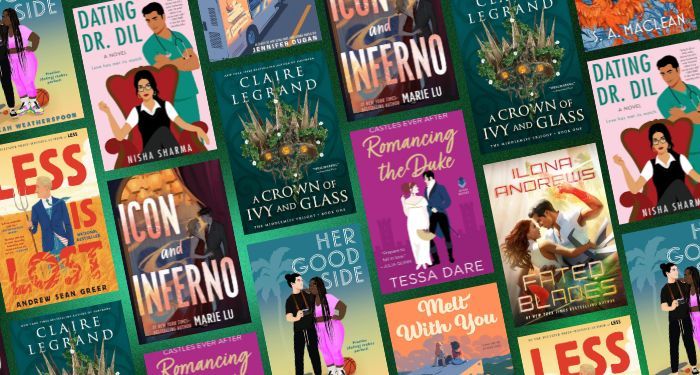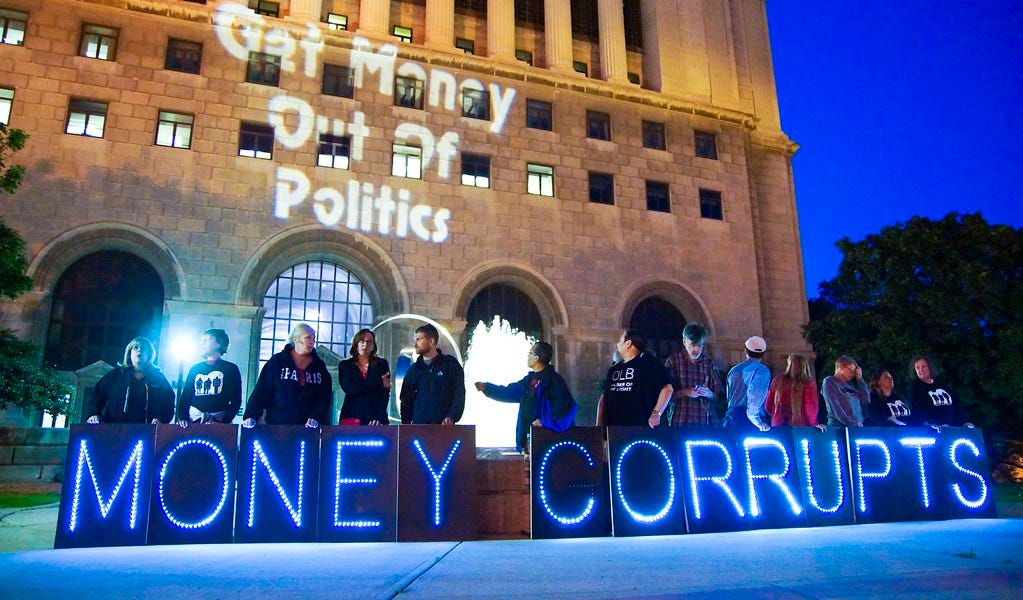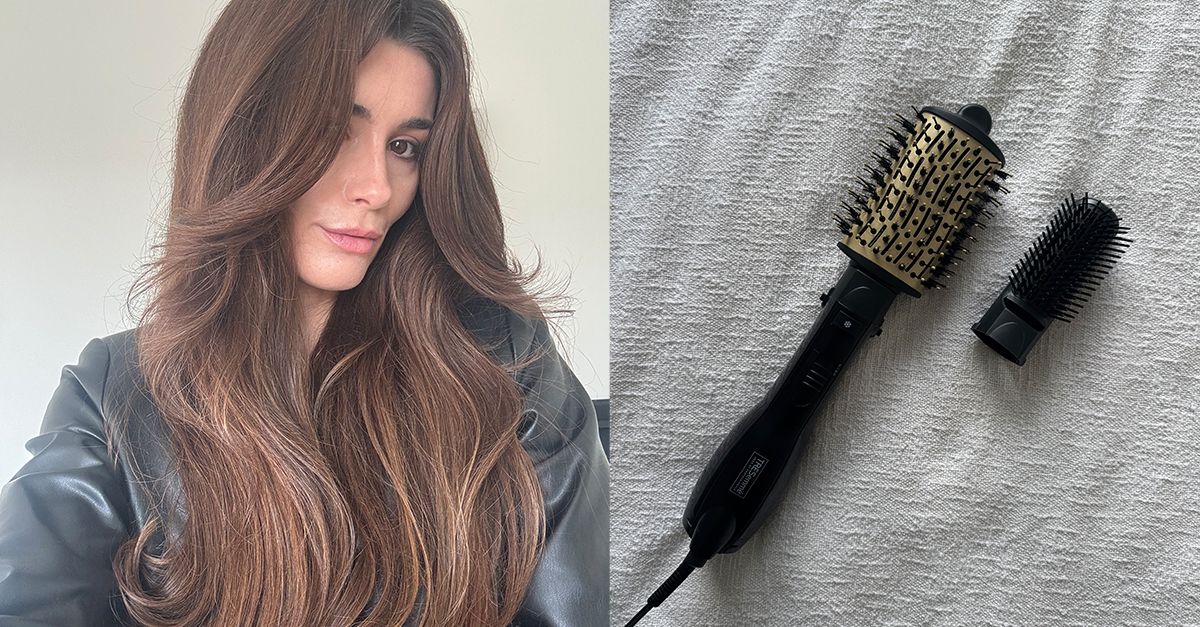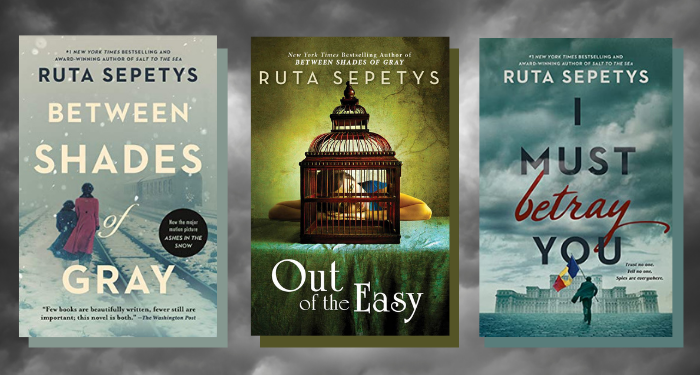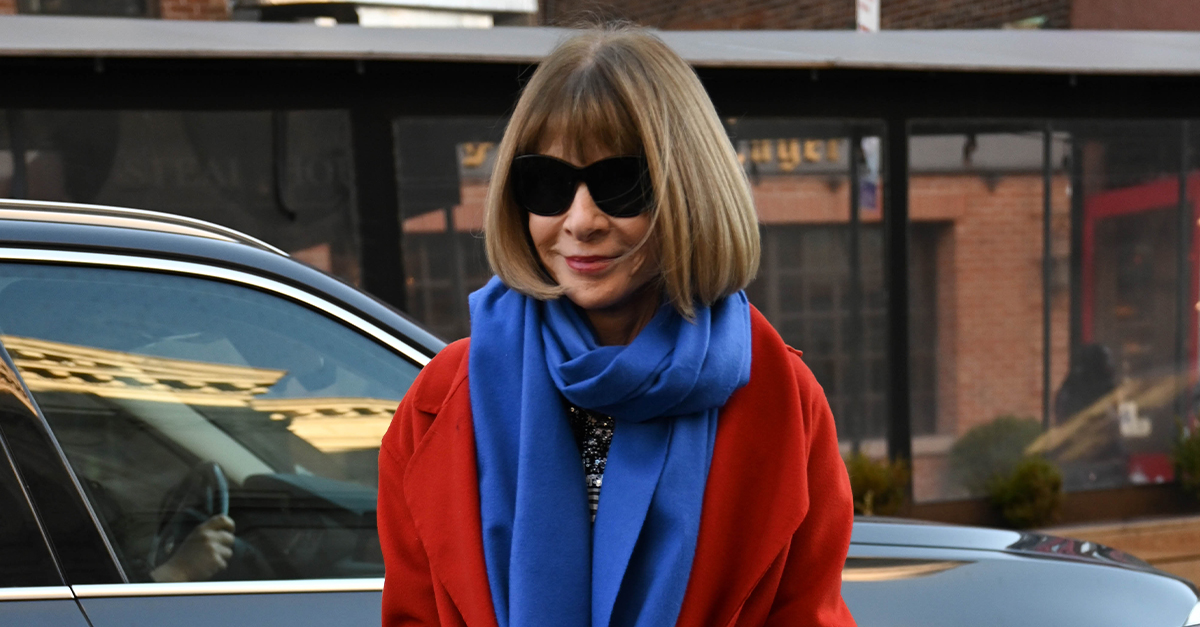I’m nothing if not the prime audience for a good Victorian-era period piece. Maybe it was my weird childhood obsession with Jack the Ripper, or the fact that I grew up at the exact right time to experience Guy Ritchie’s Sherlock Holmes movies as formative pieces of cinema. I can’t pinpoint the exact reason, but point me in the direction of some bustles and grand mustaches, and I’m all in.
It’s the same reason that I was initially drawn to the concept of Hulu’s A Thousand Blows, which hails from period drama titan Steven Knight, the man behind the success of Peaky Blinders. The series follows three key figures in London’s underground in the late nineteenth century: Hezekiah Moscow (Malachi Kirby), fresh off the boat from Jamaica with his friend Alec (Francis Lovehall), Henry “Sugar” Goodson (Stephen Graham), a bare-knuckle boxer who rules the underworld with a bloody fist, and Mary Carr (Erin Doherty), the leader of the Forty Elephants, a real all-female gang that operated in London from the 1870s to the 1950s. Their intertwined journeys take them from the dankest of places to the prestigious West End of London, as each character searches for fortune, fame, and revenge in equal measure.
‘A Thousand Blows’ Creates a Diverse London
Whether you’re predisposed to period dramas or not, my first piece of advice would be to watch this show with subtitles on. Between the East End accents — both authentic and feigned — and Kirby and Lovehall’s immaculate Jamaican patois, I understood maybe 70% of what was going on, with the other thirty percent lost to the sound of fists meeting faces and my own auditory processing disorder. A Thousand Blows is a loud show, full of bluster and big proclamations that tend to overshadow its rarer, softer moments, but I’d expect nothing less from Knight.
In its attempts to paint a picture of late nineteenth-century London, A Thousand Blows conjures up a whole host of characters to populate the East End, more diverse by half than most shows attempting a similar premise. In addition to Mary, Hezekiah, and Sugar, we meet a host of seedy figures, including Mr. Lao, proprietor of the inn where Hezekiah and the Elephants stay, Sugar’s brother, Treacle, and various and sundry members of the Elephants. The sheer volume of the show is bolstered by just how many people we meet over the course of the series, each with their own clear loyalties and nasty habits.
But other than Daniel Mays making brief appearances as the delightfully Cockney bartender-slash-ringmaster Punch, Graham is really the only one who feels like a proper East End lad. He’s been playing them since the beginning of his career, all the way back to the Paul McGann vehicle Downtime, where he played a minor hoodie who terrorizes a tower block. (It’s worth noting that that film also starred Susan Lynch, who features here as Mary’s mother. All they’re missing is a McGann, which is a shame since there are four to choose from.) It’s practically his bread and butter, and it comes as no surprise that he’s the most compelling of the lot, a presence that feels grounded compared to his co-stars’ naive bluster.
Even then, it doesn’t feel like he’s been given very much to work with. Maybe it’s all the brain cells he’s lost from being repeatedly pounded in the head, but Sugar is so single-minded that it often becomes boring to watch — all he wants is Hezekiah dead, and with no way to get to him, Sugar’s just spinning his wheels for most of the plot, which is a shame, since he’s easily the best actor of the lot.
Unfortunately, ‘Peaky Blinders’ Comparisons Are Inevitable With ‘A Thousand Blows’
Inevitably, and perhaps especially with Graham around, this show is going to draw comparisons to Peaky Blinders. I’m one of the few who lasted only a few episodes before bailing on the popular Netflix series, but even then, the similarities are evident. Knight’s fingerprints are all over this show, and Mary seems like a less polished version of Tommy Shelby, though all the bite goes out of it when you realize that it’s not all that different from other shows that have come before.
At the very least, Peaky Blinders had the distinct advantage of taking things out of London — away from the city we’ve seen a million times, away from the hustle and bustle that stays the same no matter the century. By contrast, Knight’s new series falls prey to a generic sheen that settles over the story from its first moments — masking any of the grit the show tries to create for its characters, smoothing out their skin to Hollywood-perfect, despite the pigsties they reside in, and making the false sounds of their accents even stronger.
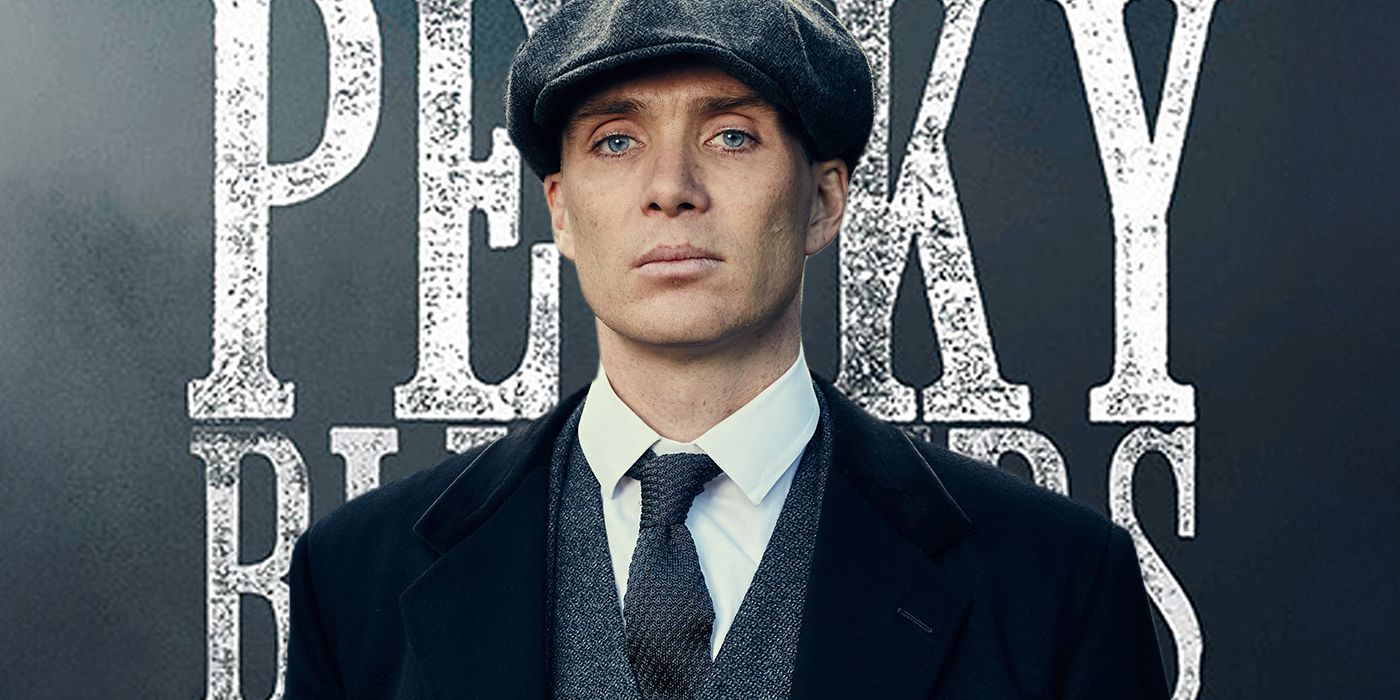
Related
‘Peaky Blinders’ Upcoming Movie “Won’t Be the End,” Says Steven Knight
Cillian Murphy will reprise his role as Thomas Shelby in ‘The Immortal Man.’
‘A Thousand Blows’ Tells an Incomplete Story
The series’ biggest problem, however, is its lack of focus. A Thousand Blows is described as being about the Forty Elephants, a gang so notorious it lasted for the better part of a century. Doherty even takes center stage in the series’ posters, but the final product affords her little payoff. Splitting focus between three leads makes it hard to really up the stakes for anyone, but it’s especially disappointing in terms of the Elephants, who are just as fascinating a group of criminals as the real Peaky Blinders, if not more so. Is it because they’re women that the series doesn’t see fit to make them the primary focus of the show? Or was it just that difficult to imagine a group of women so successful they survived in some form for eighty years that other characters were needed to fill in the gaps?
Even if either of those statements is true, there’s another issue hanging above A Thousand Blows’ head that I didn’t realize would even be a problem until I reached the end of Episode 6. Without spoiling any of the actual plot, the series leaves off on a cliffhanger, before cutting to a “to be continued” stinger featuring footage of what’s to come. It turns out that we’re only seeing half the story, since what’s premiering on Hulu this month is simply the first half of two seasons. Could it be that, whenever the second season lands, any issues with the show’s focus might be resolved? It’s entirely possible. To the show’s credit, with a second season already completed, it’ll avoid a common issue with most major streamers and their habit of making a two to four-year wait between seasons a regular occurrence, but it still feels like we’re being left hanging.
Perhaps, when Season 2 does show its face, I’ll feel differently. I’ve been wrong before, and for all my gripes, A Thousand Blows does manage to stand out as a mostly competent period piece in a sea of Bridgertons filled with anachronistic eyeshadow and an unwillingness to commit to the bit. I’ve been told countless times that you have to get through the first season of Peaky Blinders before things truly get good — and maybe that’s the case here too.
A Thousand Blows premieres February 21 on Hulu.
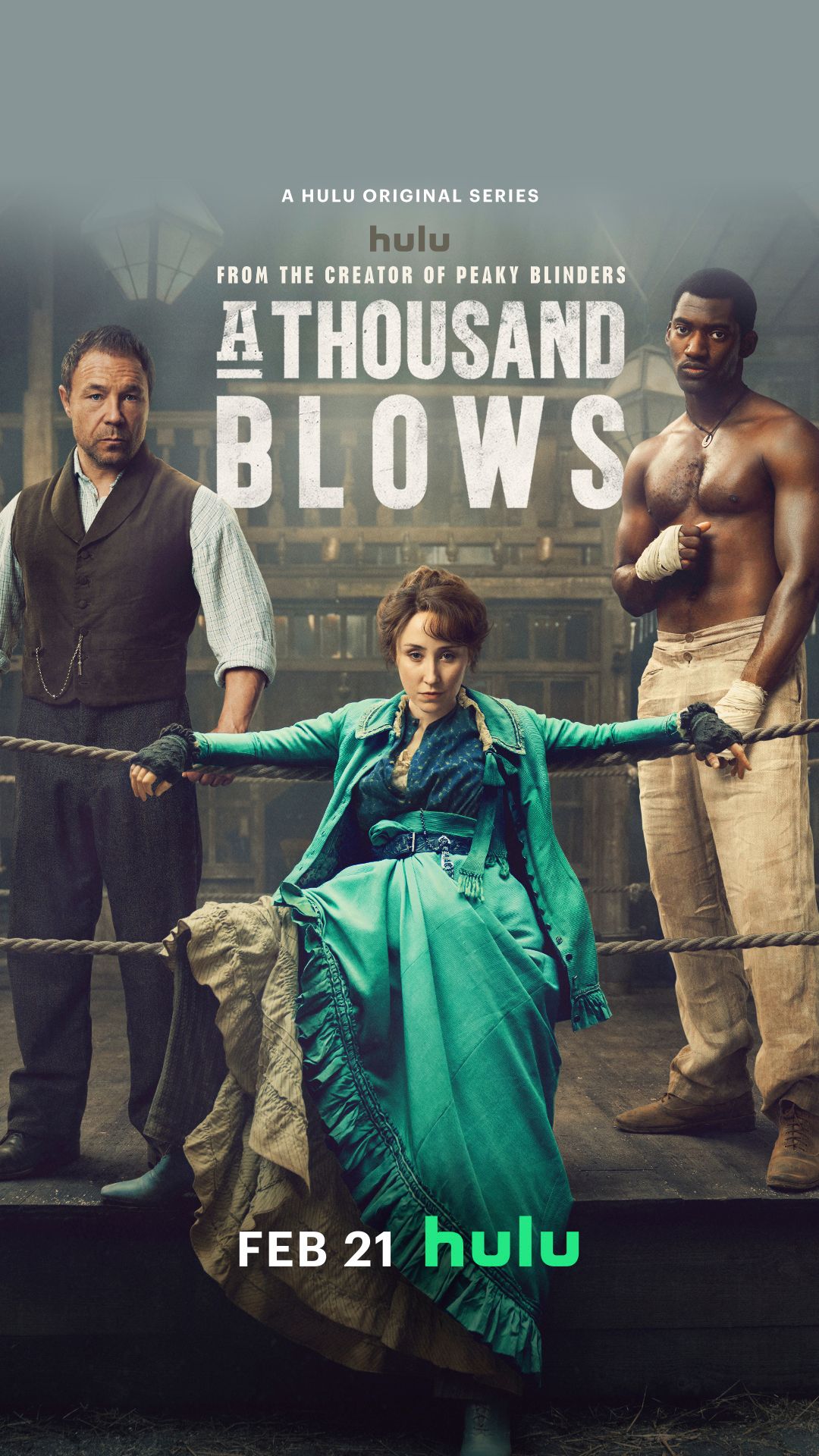
A Thousand Blows
Steven Knight’s Peaky Blinders follow-up is easy fun, but fails to pack the same punch.
- Release Date
-
February 21, 2025
- Network
-
Disney+
- The show’s lead stars are fun and engaging, if underserved, particularly Stephen Graham.
- For a period piece, the series’ cast is far more diverse than we’ve come to expect.
- The show lacks focus, pulling attention away from plotlines in an attempt to juggle too many.
- We’re only getting half a story, which means that it’s tough to judge most of the creative choices.











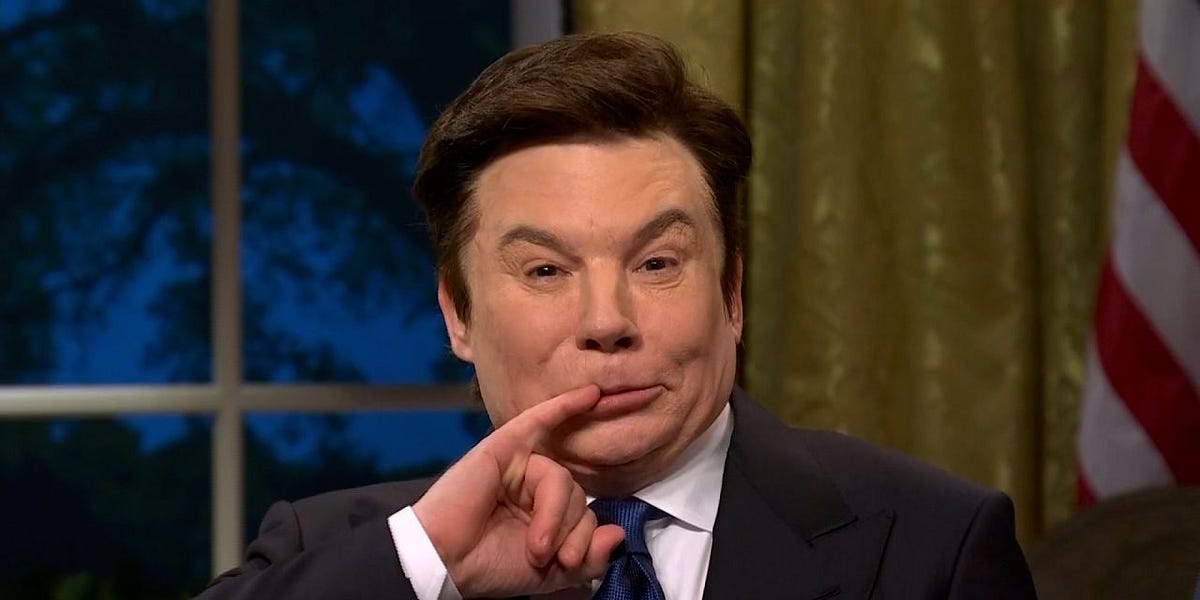
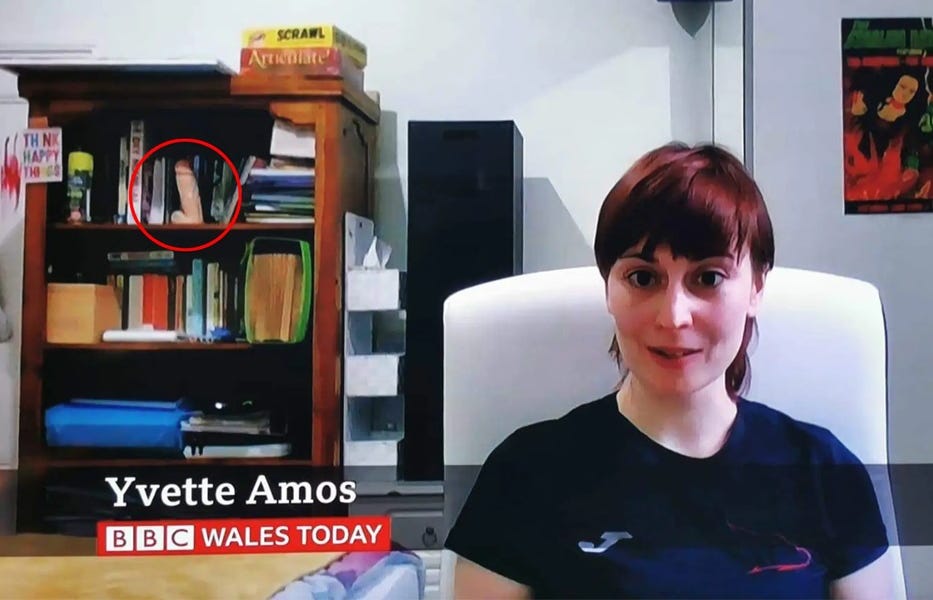


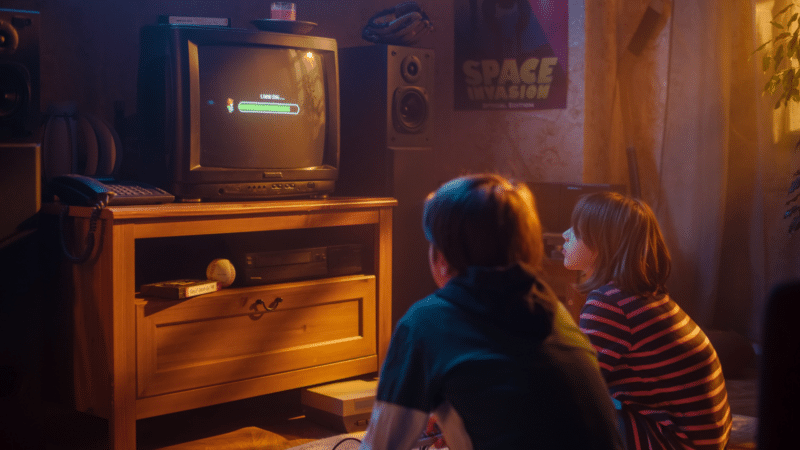






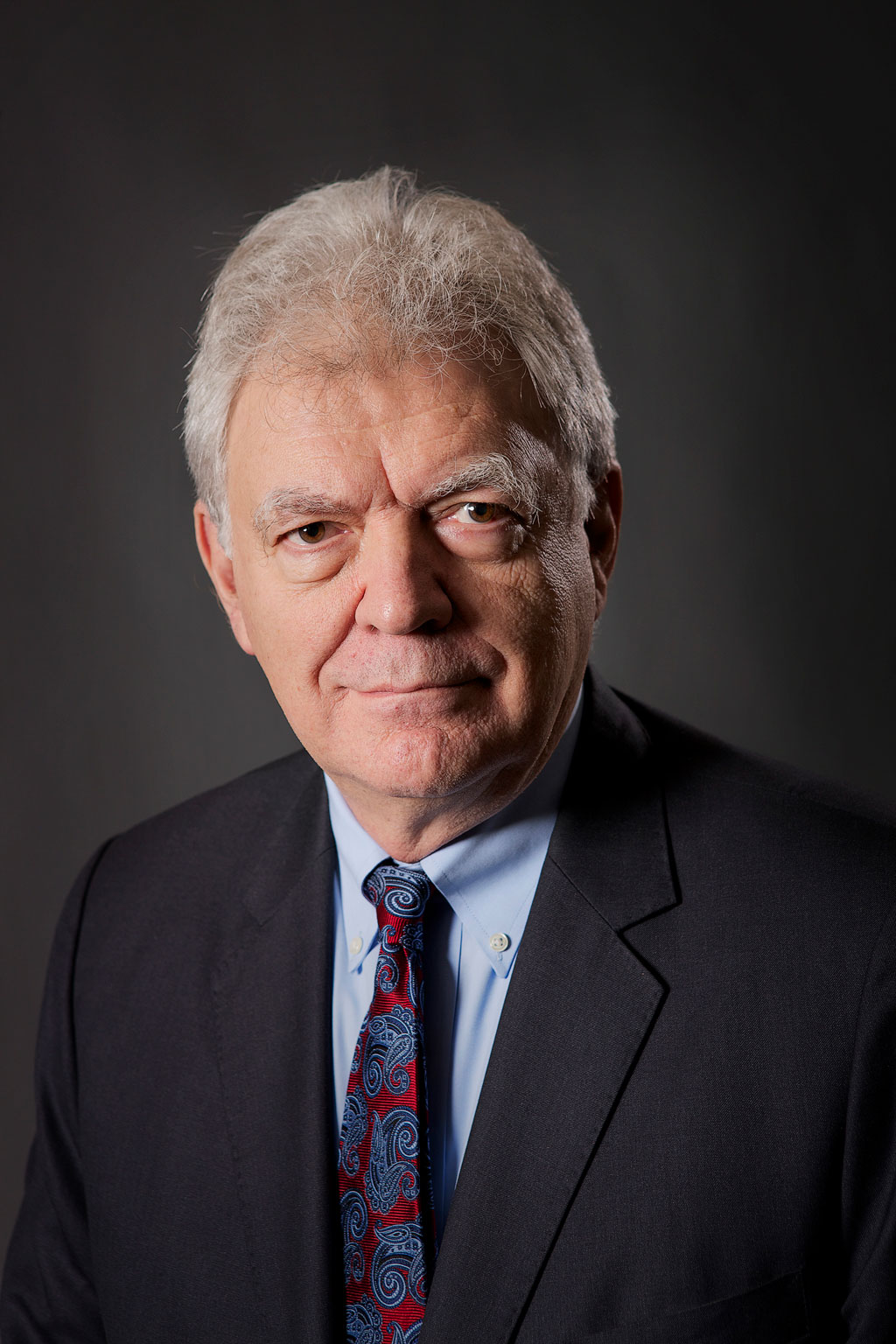

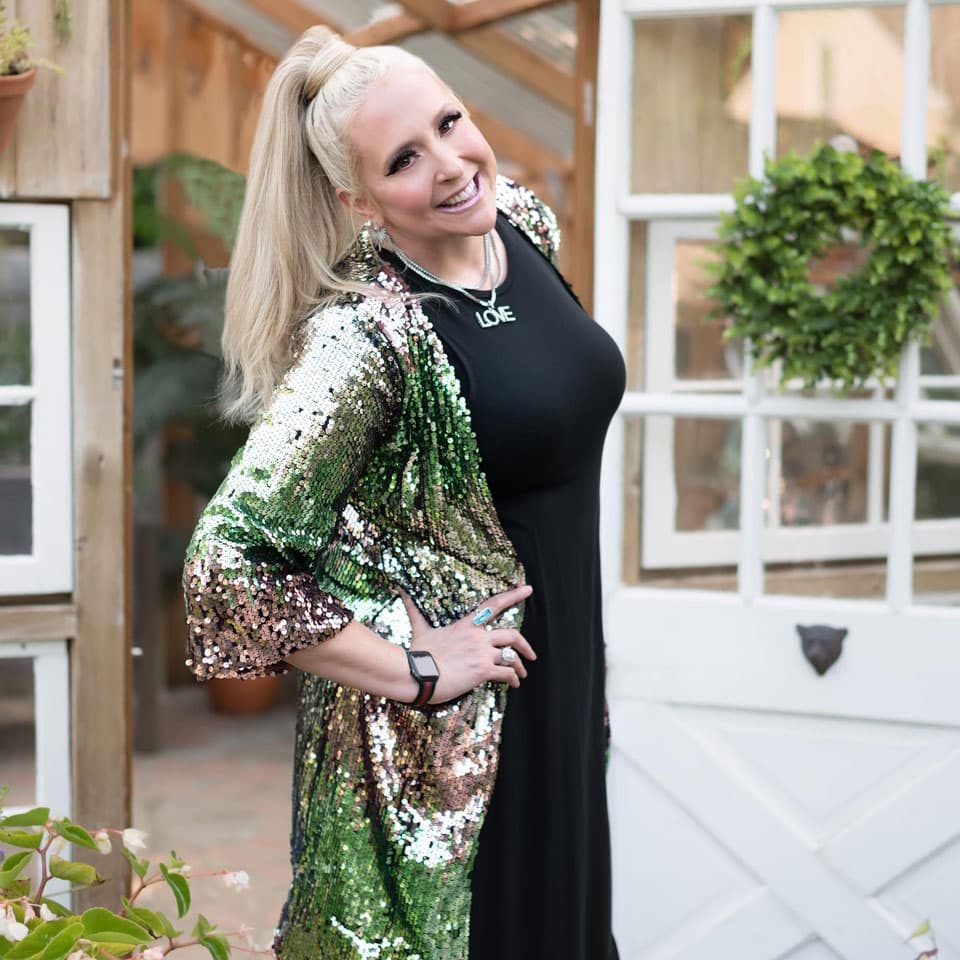
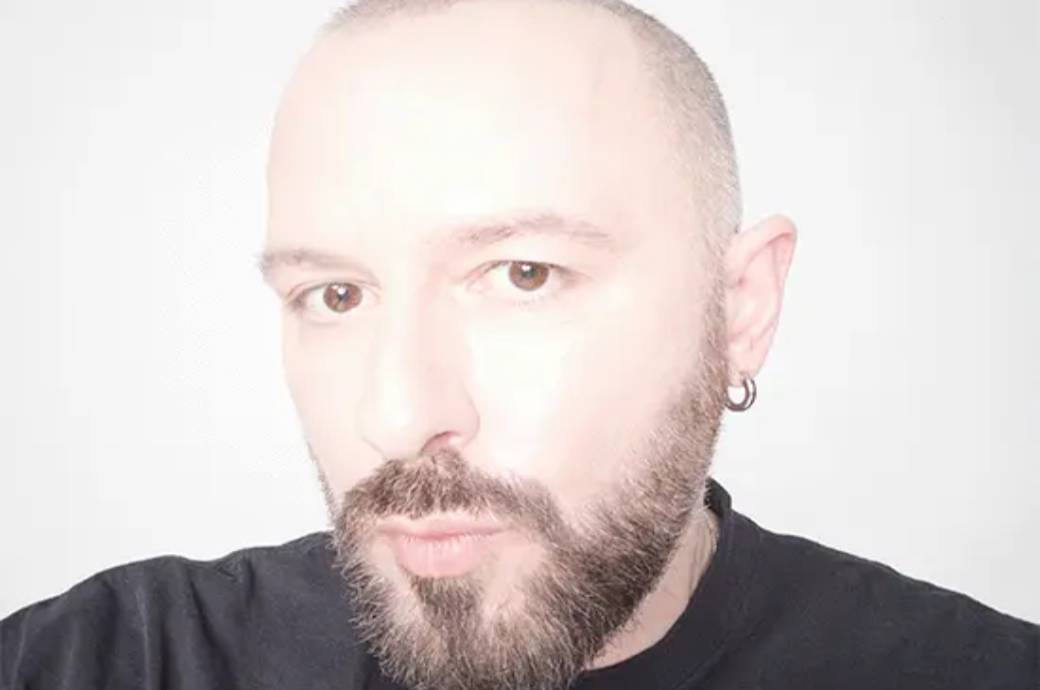
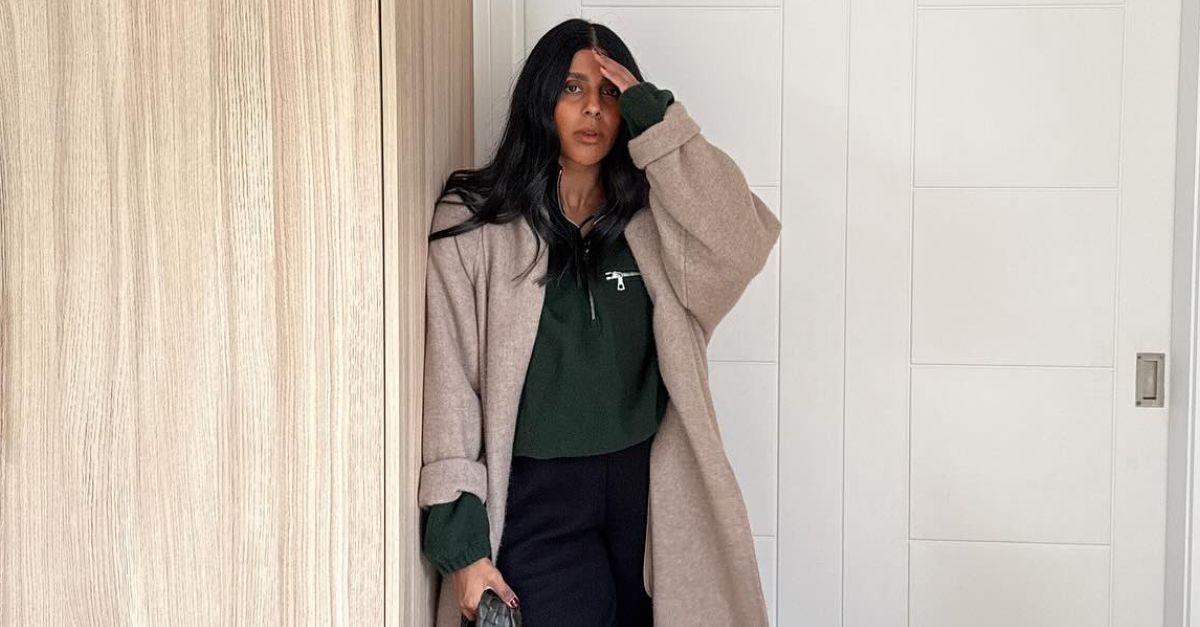
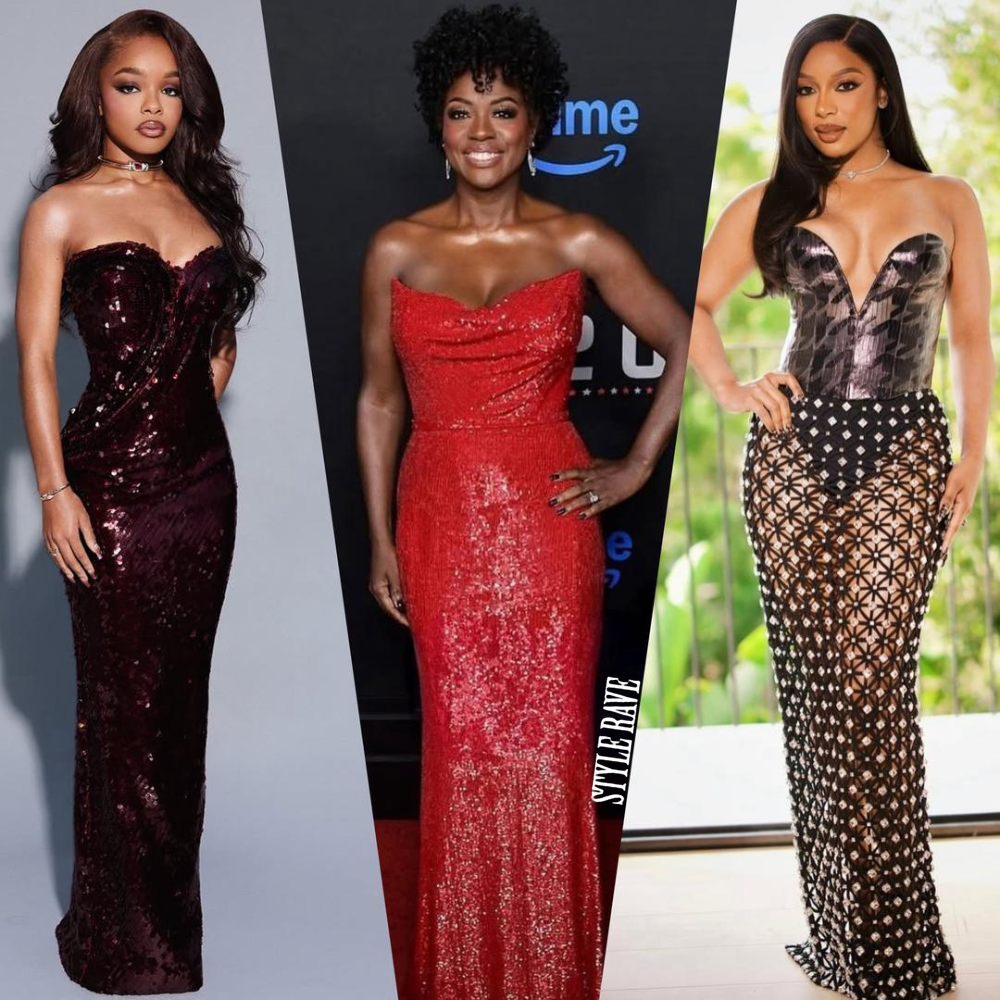


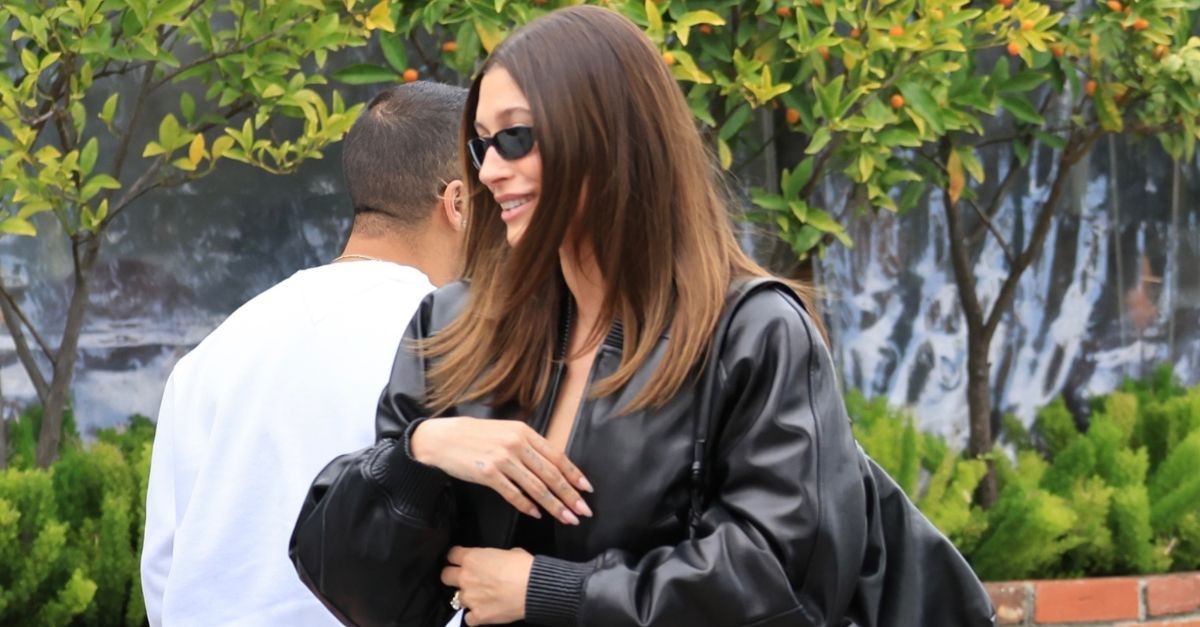






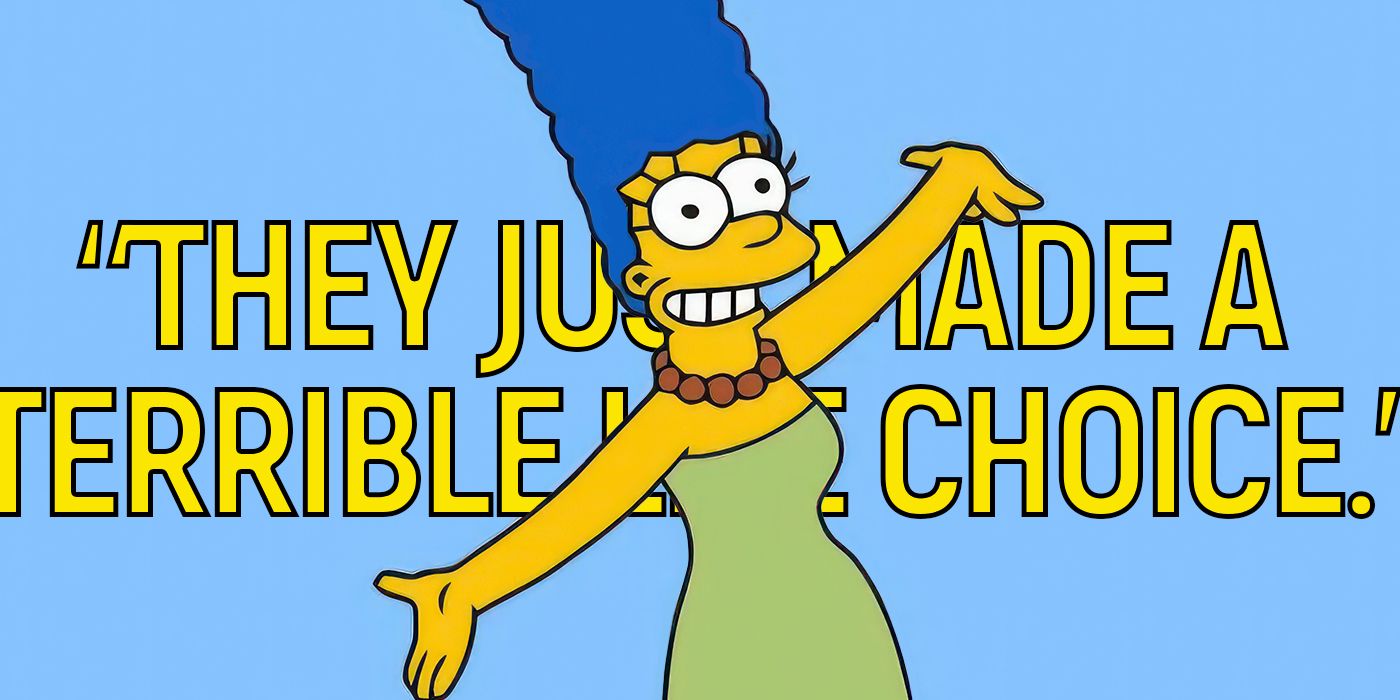


![Spider-Man Is Back in Black With the Green Goblin in New Funko Pop! Figures [Exclusive] Spider-Man Is Back in Black With the Green Goblin in New Funko Pop! Figures [Exclusive]](https://static1.colliderimages.com/wordpress/wp-content/uploads/2025/03/spider-man-the-animated-series-green-goblin.jpg)


